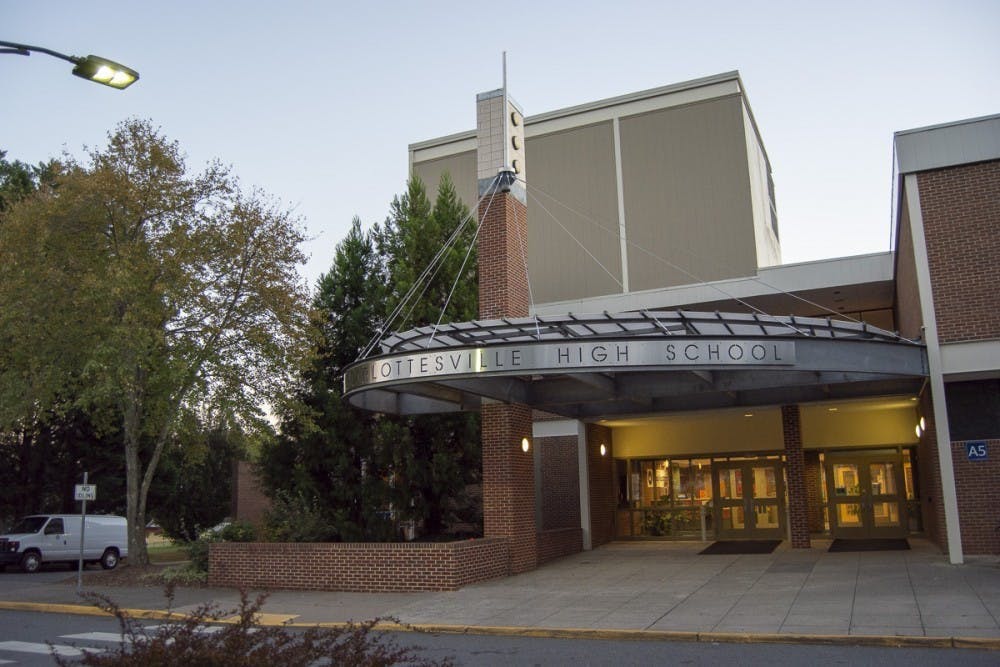In 2018, the national assessment organization Niche rated Charlottesville City Schools within the top three percent of public school systems in the nation. Soon after the release of this ranking, the New York Times published an article about the realities of public education in Charlottesville. While Charlottesville City Schools may provide ample opportunities for some students, there are many who get left behind. Often, these are low-income and students of color. Finally, the City School Board has introduced equity policy to remedy these disparities, but any policy must specifically address the intricacies that contribute to inequitable education in order to be effective.
Educational equity movements are happening in low-income areas all over the country and in state courts. For example, in Rhode Island, 14 students are suing Gov. Gina Raimondo (D) over their right to an adequate public secondary education. This case, Cook v. Raimondo, addresses tough constitutional questions about the government’s duty to provide students with equal education. Since funding for public schools heavily relies on property taxes, the socioeconomic makeup of a school district can have a drastic effect on the quality of its schools. Because of the absence of an explicit right to education in the Constitution, many courts are unable to rule in favor of students. Thus, many affected school districts have taken it upon themselves to pass educational equity strategies.
Achievement gaps, or the disparities in educational achievements between different groups of students, are one of the most significant symptoms of this educational inequity. For example, on average, African American students are only half as likely to be placed in gifted programs as white students. The most significant gaps occur between white students and black students, and high-income students and low-income students. These gaps have been growing steadily, and have become far more significant over the last three decades. In fact, public schools have become even more segregated in recent years — one report even claims that public schools are, “more segregated now than 40 years ago.” Shocking findings as these require equity policy to help allay these discrepancies.
In Charlottesville City Schools, white students are 5.9 times more likely to take at least one AP than black students. Furthermore, “black students are, on average, academically 3.6 grades behind white students.” This issue has become worse over the past decade, but the school board has previously refused to address the causes of these issues. In fact, in 2004, the then-Charlottesville superintendent requested an audit concerning the racial inequalities in the city. The audit, “blamed inadequate leadership and a history of racism for the persistent underachievement of its black students.” The equity policy that the school board plans to adopt within the next two months is one of the first times they have addressed race and access to equal education.
However, the policy as it stands presently, lacks the specifics necessary for an effective strategy. So far, one of the proposal's most significant criticisms is its lack of a definition of the word “equity,” making it difficult to create concrete goals for the policy’s implementation. Some aspects of the new policy are promising, and include equity councils at each Charlottesville school, a new mentoring program for teachers and a new model for gifted education.
While the City school board would be unable to change the state public school funding systems that perpetuate unequal opportunities for public school students, this policy is a constructive start to helping students in need.
Charlottesville is not alone is enacting strategies to curb the effects of socioeconomic inequality. In fact, Roanoke adopted an equity policy in 2009, and Norfolk schools began working on a similar policy in 2016. Thankfully, Charlottesville schools are just one part of a state-wide movement to correct these gaps.
At a time in which over half of public school students come from low-income families, education policies should strive to serve those who are undermined by the system. The Charlottesville City School Board cannot completely undo the larger practices that hold it back from serving all students equitably, but taking steps to make sure that individual school programs and teachers can alleviate this disparity is extremely important. Hopefully, policies such as these can help identify a larger problem to be solved on a national scale.
Victoria McKelvey is the Senior Associate Opinion Editor for The Cavalier Daily. She can be reached at v.mckelvey@cavalierdaily.com.





